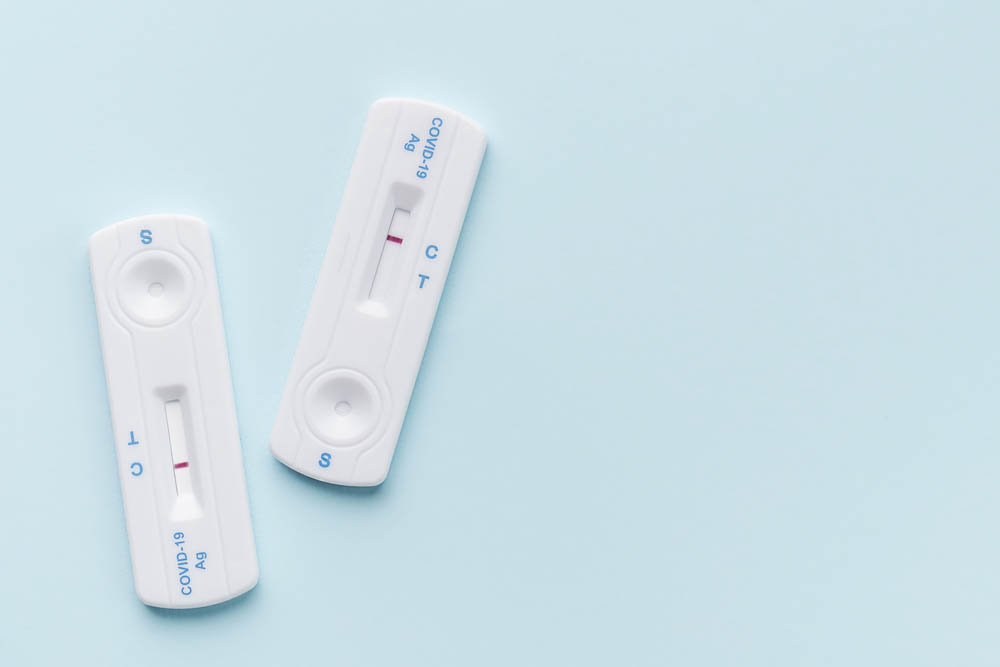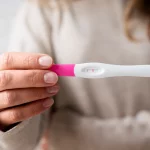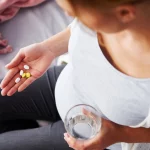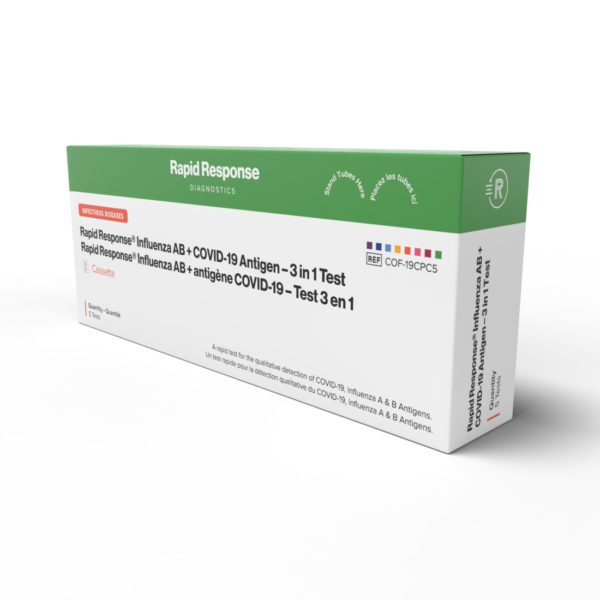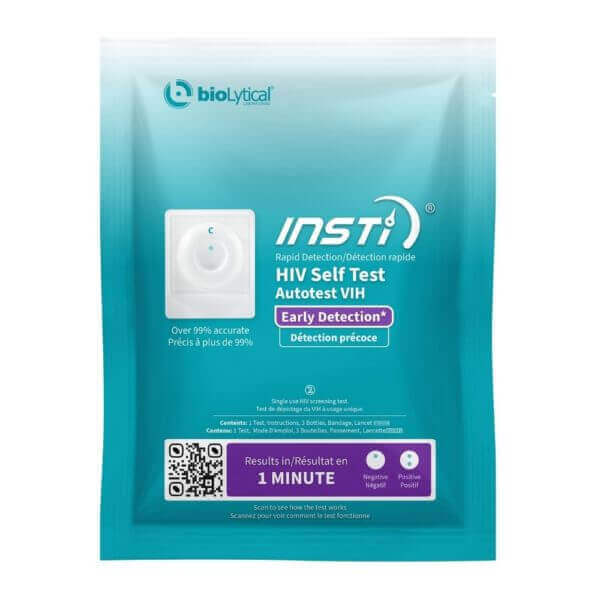From viral tests that diagnose current infections to antibody tests that determine previous encounters with the virus, each COVID-19 test has its unique role.
But first, how do these tests work, and which one is right for you?
Getting the right COVID-19 test
There are two main types of COVID-19 tests: viral tests and antibody tests.
Viral tests are used to diagnose active infections, while antibody tests determine past infections. The most common viral tests include antigen tests and polymerase chain reaction (PCR) tests, while antibody tests look for SARS-CoV-2 antibodies.
Molecular tests for COVID-19
Commonly used as a diagnostic tool to detect active infections, molecular tests detect the genetic material from the virus, which leads to highly accurate results.
How is the test done?
Molecular tests, such as polymerase chain reaction (PCR) test, are used to determine if you have an active COVID-19 infection.
The process involves collecting samples, typically through a nasal swab, which are then sent to a laboratory for analysis. In the lab, the collected sample is processed, and the genetic material of the virus is extracted.
Simply put, they work by amplifying and analyzing genetic material from the virus to identify its presence.
The results of molecular tests are considered highly accurate and reliable, making them the gold standard for diagnosing active COVID-19 infections.
When can I expect my results?
Because of its complex process, PCR test results might take up to three days.
Consider this timeframe when planning events or trips that require a negative test result.
How accurate is this test?
PCR tests are extremely sensitive and can provide highly accurate test results. However, false-negative results can occur, especially if the sample is collected too early or if the virus is present at low levels.
If you suspect that you have COVID-19 yet the test result is negative, it’s recommended to consult your healthcare provider.
How much does it cost?
The cost of molecular tests can vary depending on several factors, such as:
- Location
- Healthcare provider
- Insurance coverage
On average, the cost of a molecular test for COVID-19 ranges from $100 to $200.
Some healthcare providers offer free or reduced-cost testing for those who meet certain criteria, such as being uninsured or experiencing financial hardship.
Government-funded programs and community health centers may also provide low-cost or free testing options. To access these, contact your local healthcare providers or visit official government websites.
Antigen tests for COVID-19
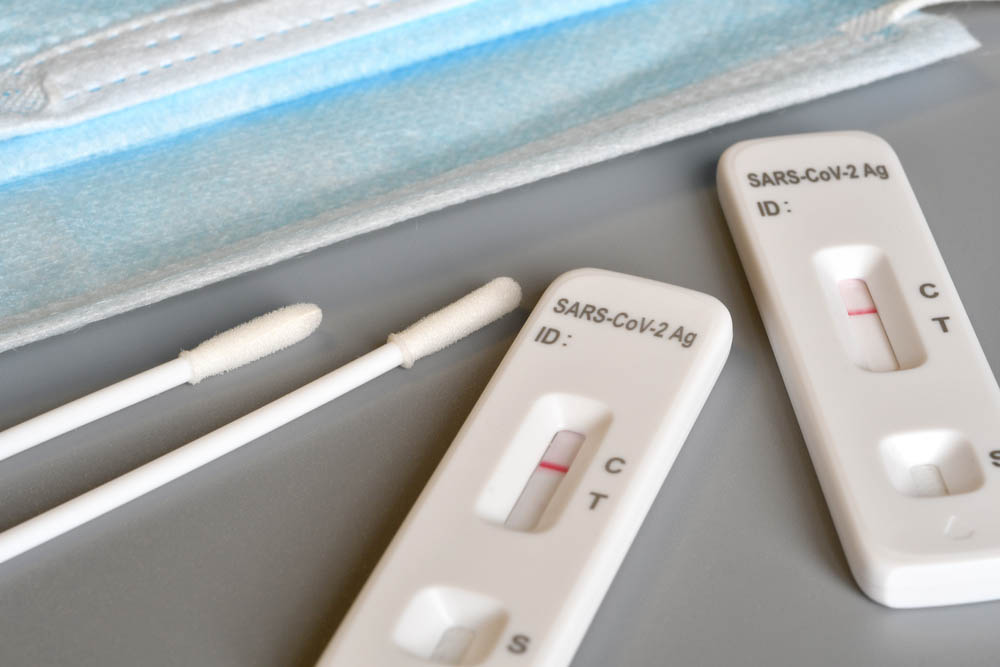
How is the test done?
Antigen tests detect specific proteins from the SARS-CoV-2 virus. The process involves inserting a long and flexible swab into the nostril and gently rotating it to collect a sample from the back of the nose. The sample is then placed in a tube and sent to a laboratory or processed on-site for testing.
While antigen tests are useful in identifying current infections, they may not be as sensitive as PCR tests and may require confirmation with a PCR test if the result is negative, but symptoms persist.
When can I expect my results?
You can get your antigen tests for COVID-19 within minutes of administering the test, which is significantly faster compared to PCR tests. This is especially beneficial if you need immediate answers, like if you’re experiencing COVID-19 symptoms or if you’re required to undergo testing before events or trips.
How accurate is this test?
While antigen tests are generally reliable, they have a higher chance of producing false-negative results compared to PCR tests, especially if the viral load is low. This means that a negative result from an antigen test might need to be confirmed with a PCR test, especially if you have COVID symptoms.
How much does it cost?
Like PCR tests, antigen test prices vary depending on the provider and location.
Compared to other types of COVID-19 tests, antigen tests are the most affordable, with approximate costs ranging anywhere from $25 to $100 per test.
At-home tests are more affordable compared to antigen testing in a healthcare setting. Some providers may offer free or low-cost antigen tests in certain locations or for specific populations.
To access these options, check with the following:
- Local healthcare providers
- Clinics
- Public health departments
Antibody tests for COVID-19
Antibody tests are used to determine past infections by looking for SARS-CoV-2 antibodies in the blood.
How is the test done?
To determine past infections, antibody tests for COVID-19 are used to detect the presence of SARS-CoV-2 antibodies in the blood.
To perform this, your healthcare provider will collect a blood sample, usually through a small needle inserted into a vein in the arm. The sample is then sent to a laboratory for analysis. The laboratory uses a technique called immunoassay to detect the antibodies.
If the test result is positive, it indicates that you’ve been infected with the virus at some point in the past and have developed antibodies against it.
However, it can’t determine if you’re currently infected with the virus. These tests are valuable in understanding the prevalence of past infections and in conducting epidemiological studies.
When can I expect my results?
Results for antibody tests for COVID-19 are available within a few days after the blood sample is collected and sent to the laboratory for analysis.
How accurate is this test?
Antibody tests detect the presence of antibodies in the blood, which are produced by the immune system in response to an infection. However, they don’t always accurately determine a current infection because it takes time for the body to produce antibodies.
With this test, false negatives can occur if:
- The test is taken too soon after exposure
- The body doesn’t produce enough antibodies
- There’s cross-reactivity with other coronaviruses
- The test isn’t specific enough
If you suspect a current infection, it’s recommended to consult with a healthcare provider and consider other types of COVID-19 tests for a more accurate diagnosis.
How much does it cost?
The cost of antibody tests for COVID-19 can vary depending on the provider and location.
These tests aren’t typically covered by insurance and can range from $50 to $200 per test. However, some providers may offer lower-cost options or provide testing at no charge.
Like other types of COVID tests, check with these sites for free or testing availability at reduced costs:
- Local healthcare facilities
- Government-funded programs
- Community organizations
When do I need a COVID-19 test?
Knowing when to get tested can help you identify your infection status and identify active infections and take necessary precautions to prevent further transmission.
If you have these symptoms, it’s recommended to get tested right away:
- Fever
- Cough
- Difficulty breathing
These symptoms are common indicators of a possible COVID-19 infection, and early detection can help prevent further spread.
Other situations in which you need to get tested for COVID-19 include:
- Five days after being in close contact with someone who has tested positive for COVID-19 (if you don’t have symptoms)
- Before attending events
- Before traveling to places where you anticipate being in close proximity to others
Key takeaway
Understanding the different types of COVID-19 tests and their purposes is crucial in controlling the spread of the virus and informing public health measures.
Viral tests such as antigen and PCR tests diagnose active infections, while antibody tests determine past infections.
With this, you can make an informed decision on choosing which type of test you need.
